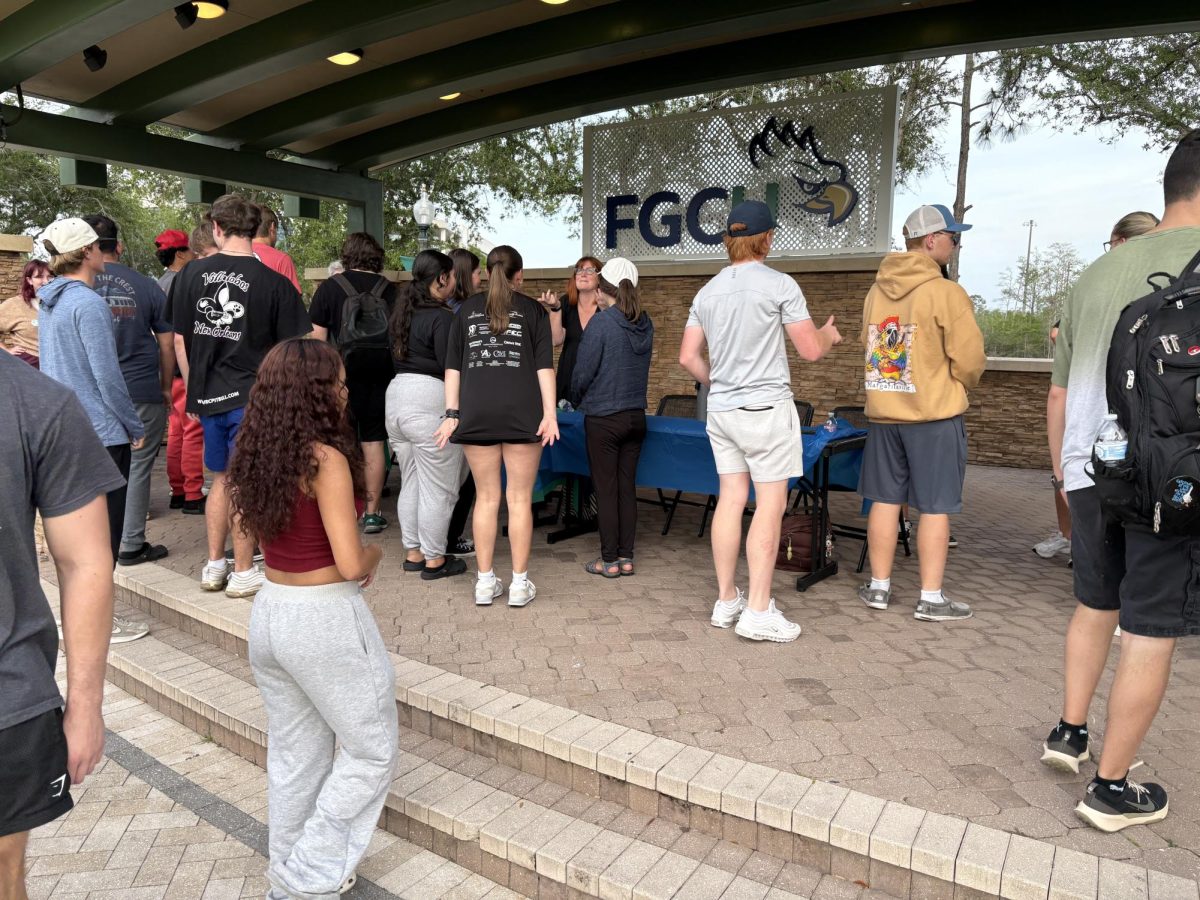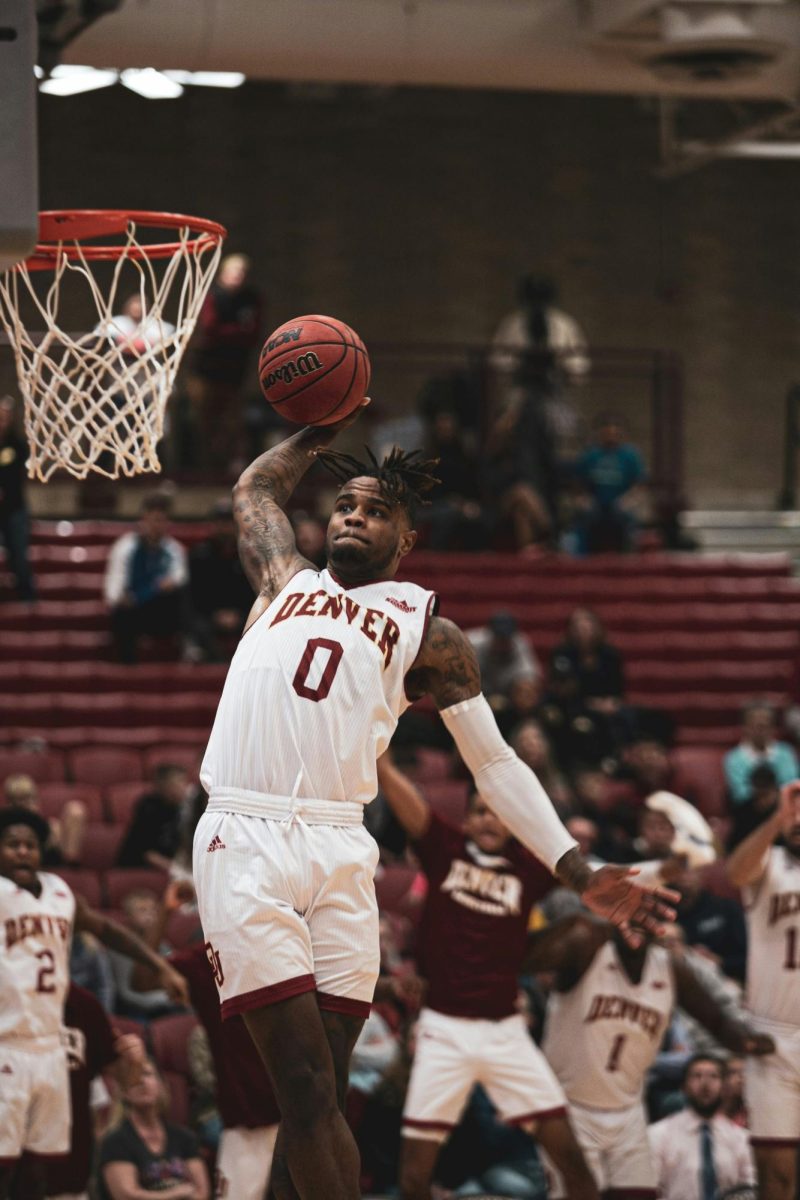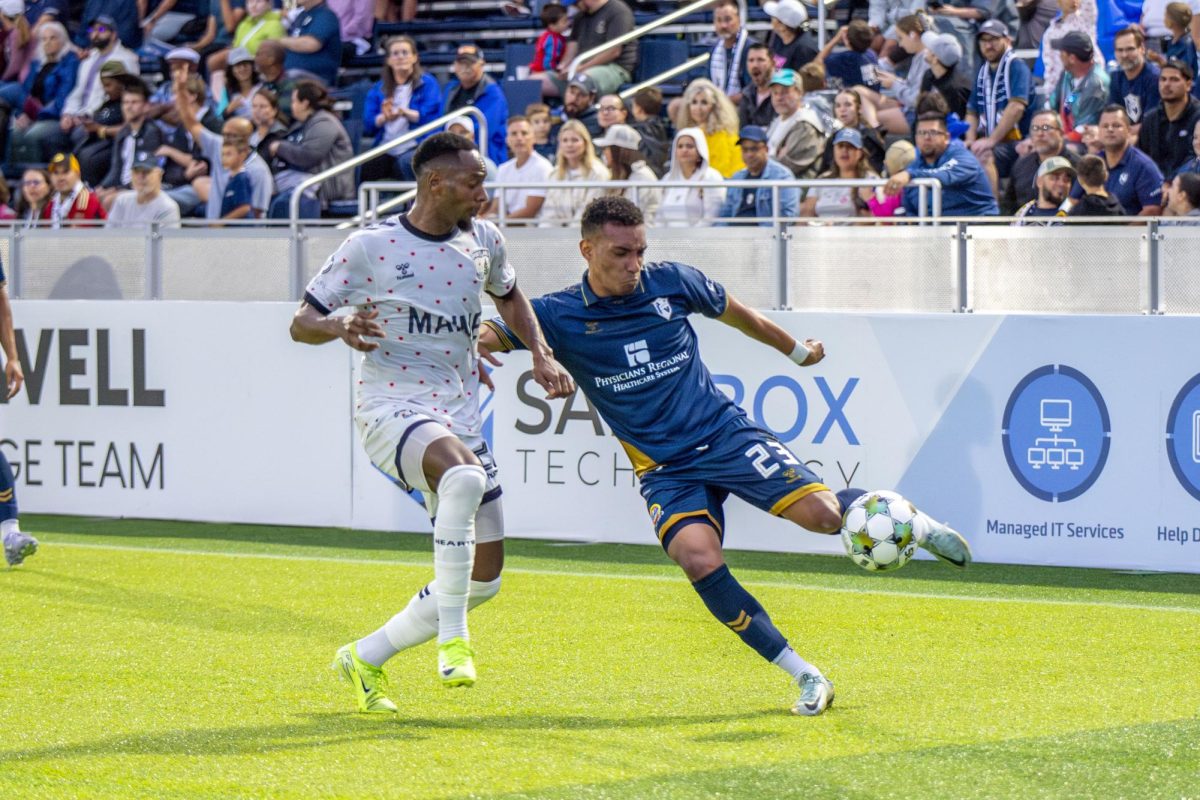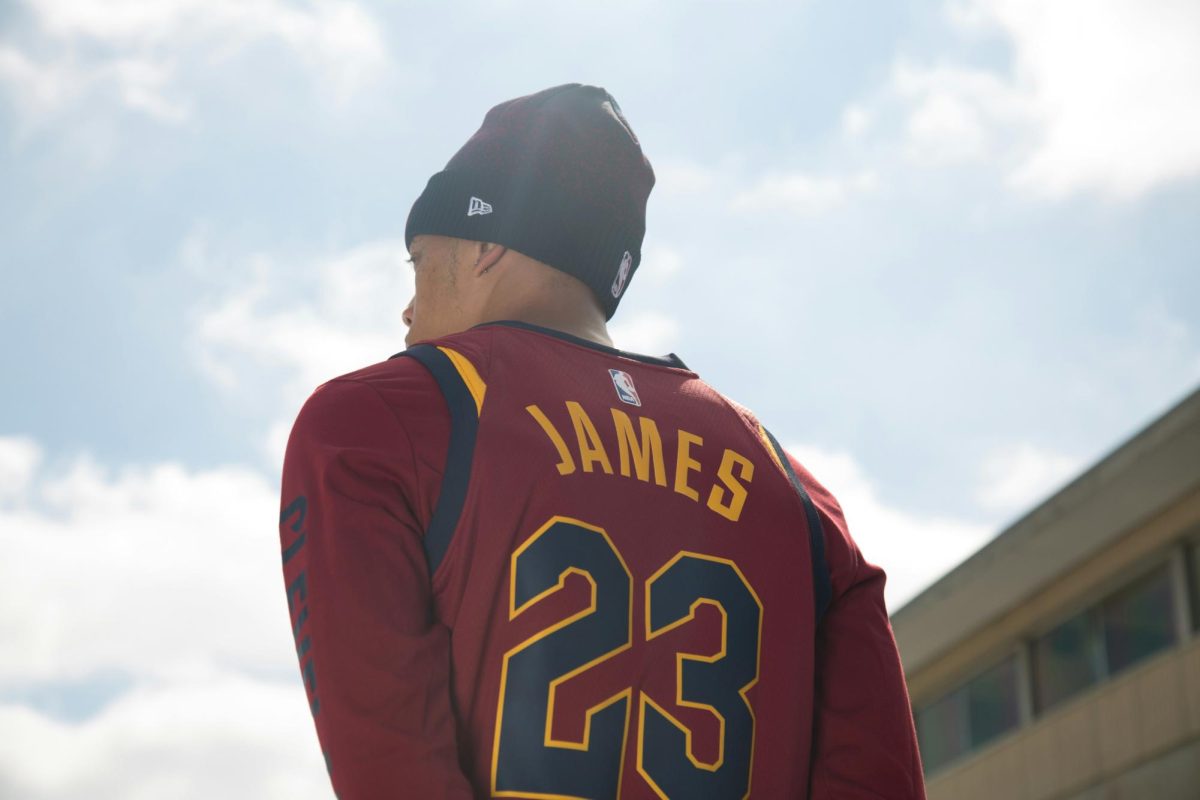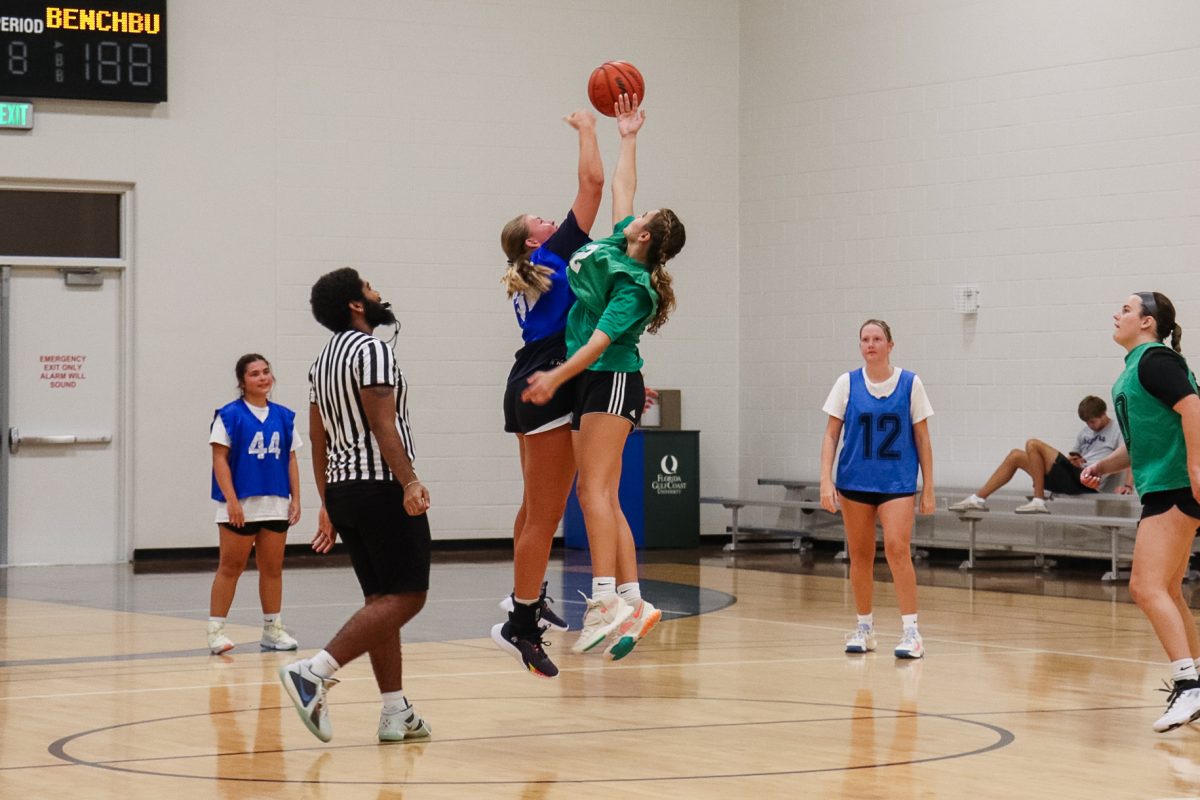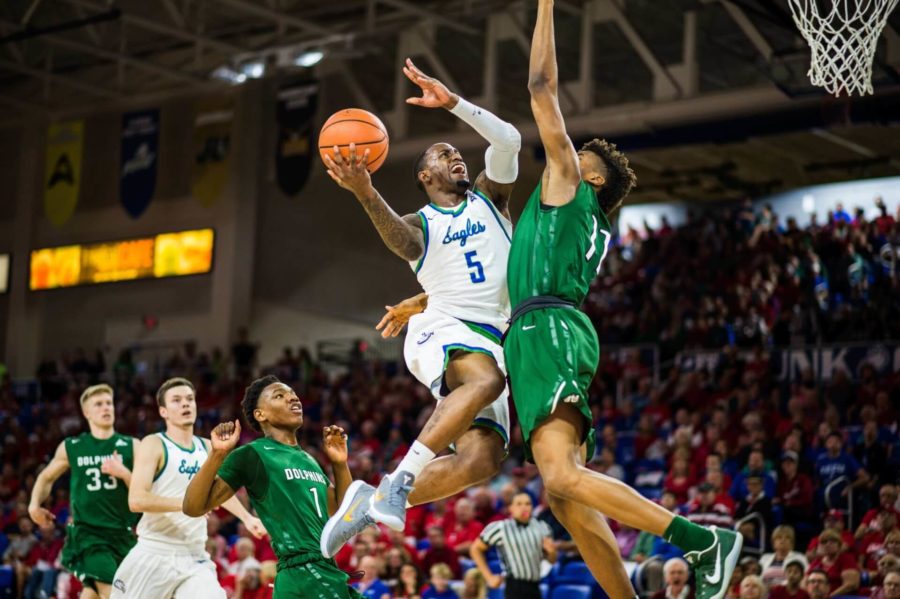It is said that everything happens for a reason. Melissa Jasczak, goalie for the women’s club soccer team, is one of those people.
She was diagnosed with Chiari brain malformation, a rare genetic brain disease. “Chiari is something that not many doctors even know about. Basically it’s when your brain is too large for your skull and your cerebellum deforms and grows into your neck, affecting your spinal cord,” Jasczak said. “If I was never a college athlete, I don’t think my sudden change in health would have been looked into as extensively. Soccer saved my life.”
Soccer came into Jasczak’s life at a young age because of her older brother playing the sport. She started on a coed team at the age of 8 and was one of the two girls on the team.
“The coach had a rule that only one girl could be on the field at a time because we couldn’t play as well as the boys. It was partly true, it was my first year playing,” Jasczak said. “I really wanted to try playing in goal, but that was the coach’s son’s position, so he wouldn’t let me until he got sick of me asking. I was horrible, but I liked playing in the net. After the game, he screamed in my face and told me as a girl I have no right to play and that I would never succeed in life. From then on I wanted to prove him wrong. I moved to an all-girls team and I have been a goalkeeper ever since.”
Jasczak went to Nova Southeastern to play on their women’s soccer team.
“I never thought I could play in college until my goalkeeper coach, John Mendoza, showed me the process of how to get recruited and helped me train for it. Once I realized I could play at that level, it was all I wanted,” Jasczak said.
Her freshman year, she started getting really bad back pain and it began to get worse for her. The athletic training staff worked hard at putting her through physical therapy and going to doctor appointments to figure out how she went from healthy to being in extreme pain in a few months.
“I stopped practicing for a while, hoping something just needed to heal. I saw at least five doctors in Fort Lauderdale and had to drive to Tampa and back in a day several times. Many told me I was trying to get attention or that I was a liar, so I tried to ignore the pain. I tried practicing again and I ended up having an ambulance come to campus, taking me to the hospital unable to breathe. That was when I had to give up playing that year,” Jasczak said.
After transferring to FGCU, she saw an orthopedic for her back pain and had multiple MRIs done. One of them showed an inch of her upper neck and that’s when they found the problem, Chiari.
“Along with extreme back pain, it caused severe never-ending headaches from all the pressure, depression, sleep insomnia that would leave me awake for days at a time, and breathing problems,” Jasczak said. “When your cerebellum drops into your neck, it blocks oxygen from going to your brain and is fatal. In eight months I went from playing college soccer to not being able to walk up a flight of stairs or wear a backpack because I couldn’t breathe and I’d become really dizzy.”
Jasczak had decompression surgery at Tampa General, which removed part of her skull, reshaped it, and reconstructed her muscles in her neck and ultimately gave her brain more room.
“My neurosurgeon told me after surgery that it was amazing that I was able to still walk because of how intense the pressure was in my head and how lucky I was that I got it done when I did. I have been pain free since, but I have had to restart all my progress I made in soccer and in academics,” Jasczak said.
Before and after the surgery, she was forced to find other things that she liked to do other than play soccer, yet everything came back to soccer. Two big things she did was get her goalkeeper’s coaching license and sign up for the Conquering Chiari Walk to raise money for a cure.
“I am a coach now for the San Carlos Scorpions, a U-12 girl’s team that I adore more than anything,” Jasczak said. “I had my walk in September, and for once I wasn’t the only person with a story or a scar on their neck. I was surrounded by a group of supporting people that have suffered much like myself and fought. For the first time, I realized how fortunate I was; there were people that could no longer walk, families supporting those that they had lost, and children half my age sharing the same burden. You never think today I’m going to live like today is my last, because it once almost was. Now every day seems as a gift just like every time I play.”
Post-surgery, she had to teach herself how to walk and jog again. It took her about a week and a half to walk without wobbling and about three months to do a slow jog. She started jogging at night because it wasn’t hot and her head wouldn’t swell from surgery. That’s when she saw the girls club team playing.
“I envied them more than anything because I didn’t know if I would be able to play again and in my eyes they were so lucky to be able to do what they loved,” Jasczak said. “Along with their practices, intramural games were going on, so I would go to the fields and jog around watching everyone play. It partly killed me inside watching everyone do what I couldn’t, but it was even more difficult to cut the game out of my life entirely. I knew I had to get back into the game, so I joined the team and I’m slowly getting back to the skill level that I was at.”
The women’s club soccer team has finished second and third in tournaments at UF and Clemson so far this year.
“They are an amazing group of girls and of friends that all love to play. Compared to teams I have been on in the past, they are not divided into clicks or by grade level, everyone gets along with each other on and off the field and it makes the whole experience of club soccer that much more enjoyable,” Jasczak said. “The girl’s club team gave me my old life back by giving me a soccer family again and by giving me the gift of playing.”
Categories:
For the Love of the Game
October 16, 2013
Story continues below advertisement
0
More to Discover

